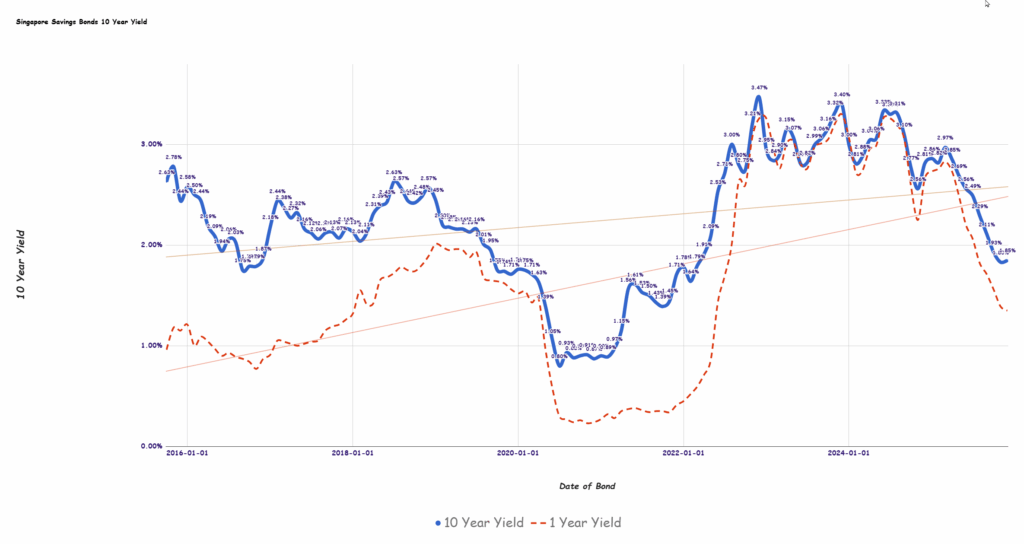Why Savvy Investors Are Betting on Fixed Notes to Outsmart Vacancy Risks — And What You’re Missing Out On
Ever caught yourself wondering why “passive income” from real estate sometimes feels more like a full-time job? You’re cruising along, expecting those monthly rental checks to roll in like clockwork—and then bam! Your tenant disappears into thin air, or the short-term rental market takes a nosedive right when you were hoping to cash in. Trust me, you’re not alone. Vacancy risk is the sneaky villain lurking in the corners of real estate investing, ready to challenge even the savviest landlord. But here’s a twist: what if you could sidestep some of that drama by diversifying not just where, but how you earn? Enter asset-backed fixed real estate income—the clever way to tap into steady cash flow without having to micromanage every property. Stick with me as we unravel how this strategy could be your secret weapon against the unpredictable heartbeat of rental income. LEARN MORE
This article is presented by Connect Invest.
Real estate investing is a great way to get passive income. But what happens when your passive investment requires active attention: your tenant ghosts, your short-term rental occupancy dips, or your rehabilitation takes three months longer than expected?
Unfortunately, vacancy risk is something to consider when it comes to real estate investing. According to U.S. census data, vacancy rates for rental housing stood at 7% for the second quarter of 2025, while rental data from Zillow shows the average rental price is on the decline. And while short-term rentals might have seen an increase in demand over the summer, their general volatility means cash flow isn’t as stable as it might be with other types of passive investments.
For income-focused investors, diversifying how you earn is as important as where you invest. That’s why more landlords are allocating a slice of their portfolio to asset-backed fixed income.
What Is Asset-Backed Fixed Real Estate Income?
With fixed income, you receive cash flow from your holdings, such as rental income. With asset-backed income, instead of owning one asset, your investment is backed by a pool of assets that generate income, such as mortgages or rental income. Financial institutions create these securities by pooling together cash flows generated from different real estate assets, then packaging and selling them to investors in the form of bonds or other securities.
Investors receive a fixed-rate income generated from the underlying properties. These securities might be issued by large developers or even sold off by banks to raise capital. This allows investors to receive steady income without having to manage properties.
Of course, the risk is that the underlying properties default or don’t pay their rent, in which case, your income could dip or dry up. This is why it’s important to understand the risks of underlying assets. Because asset-backed fixed real estate income has several properties, the risk is spread out more than it might be if you just own and rent out one property.
How to Hedge Your Real Estate Investments
Any investor will want to hedge against potential losses, and real estate is no different. Many financial experts will recommend diversifying portfolios and investments, so if one investment is lost, you don’t lose all of your income. Since there are always dips and gains in investments, diversifying allows you to assume that some of your investments will do well.
That same concept can be used in real estate by investing in a variety of different real estate options beyond simply owning and renting out property.
For example, with real estate notes, you can earn a set amount from your holdings. A real estate note is essentially an IOU—a borrower’s promise to repay a loan for real estate according to certain terms and conditions. The borrower pays back the loan with interest. As the holder of the note, you get the interest.
There are several platforms that make it easy to buy notes and reap the benefits of the interest paid. This method is also flexible, since you don’t have to hold these notes for long. You can buy short-duration notes, making it a good hedge against seasonal vacancies.
Final Thoughts
There isn’t always a guarantee of a fixed income when you are a landlord. Diversifying your real estate portfolio can help you hedge against the volatility of the rental market, for all lengths of stay.
Discover how Connect Invest gives landlords a hedge against unpredictable rental income.


















Post Comment